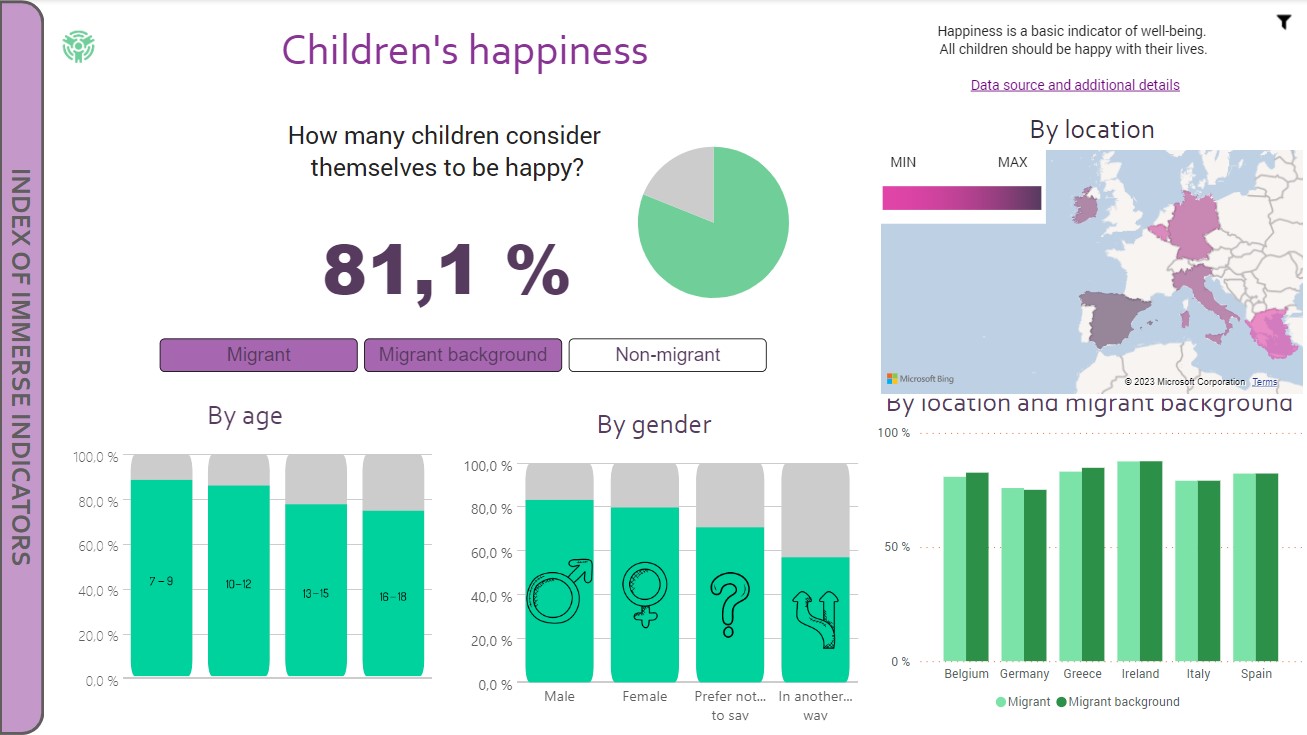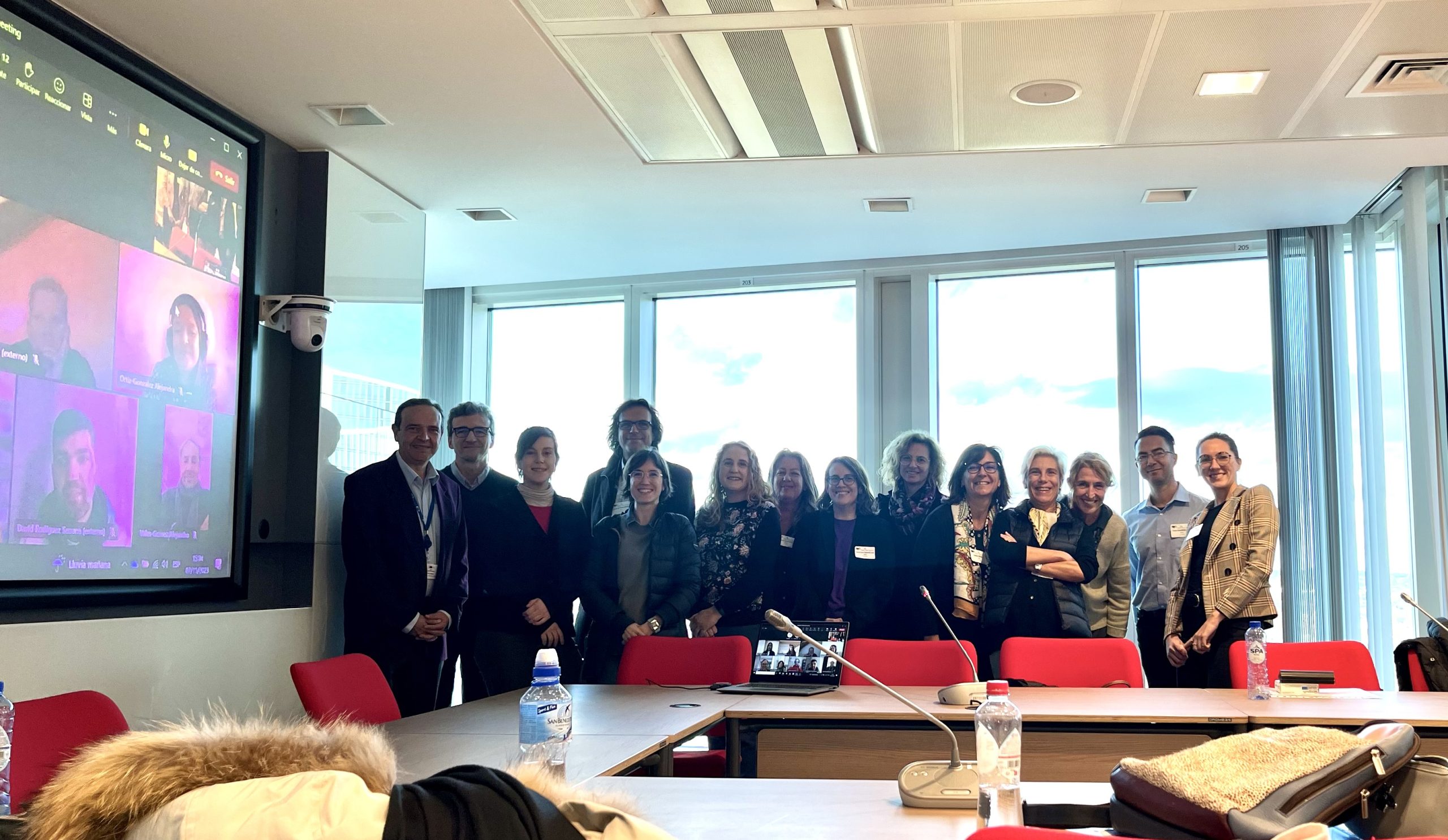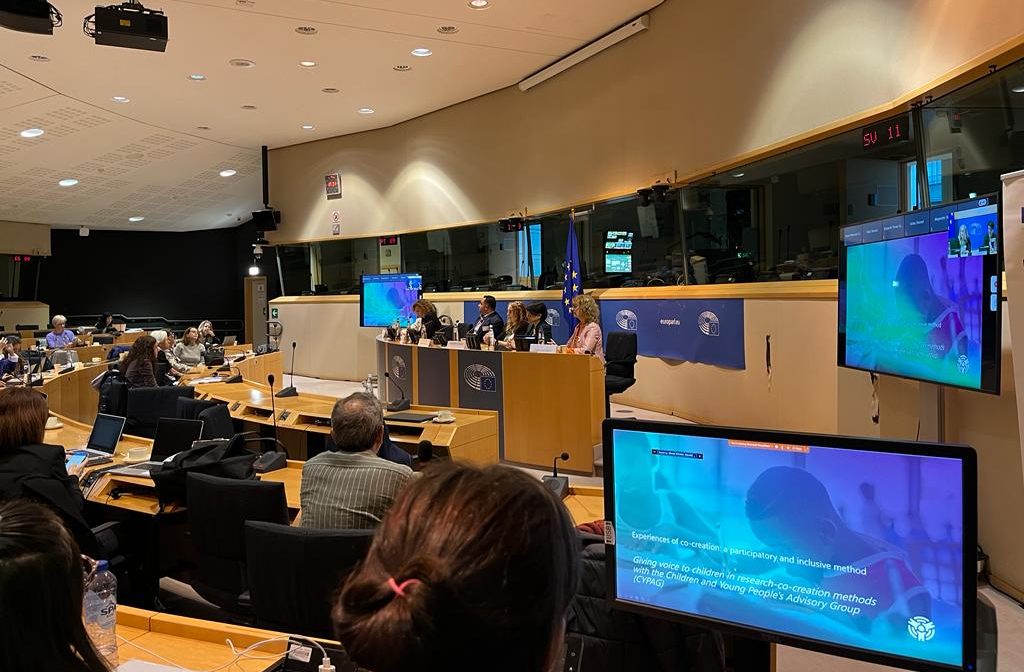Description
This report provides an in-depth exploration of current trajectories for unaccompanied migrant children in Belgium, exposing their shortcomings and offering recommendations accordingly. These include information and recommendations on registration, identification and age tests (eg. Abolish detention, fair use of age tests, information available to children with language adapted for them); tutoring and mentoring (eg. Immediate provision of a mentor, equalising mentor quality); forms of care and availability of services (eg. Availability of a variety of welcome structures, continuity up to and past the age of 18, psychology and mental health services); legal procedures in children’s interest; and child participation. Durable solutions and their possible undertaking are identified, providing judicial context, assessing the need for systems that aid young people; and incorporating the careful intersection in public perception of ‘child’ and ‘migrant’. 51 recommendations are offered.
- Access to compulsory education
- Children complete compulsory education
- Children remain in (formal) education beyond compulsory levels / Access to (formal) non-compulsory education
- Children's academic skills
- Children's legal status
- Children's life satisfaction / happiness
- Children's sense of belonging
- Friends and peers (bridges)
- Friends and peers (support)
- Institutions
- Teachers
- Types & levels of (formal) non-compulsory education attended



